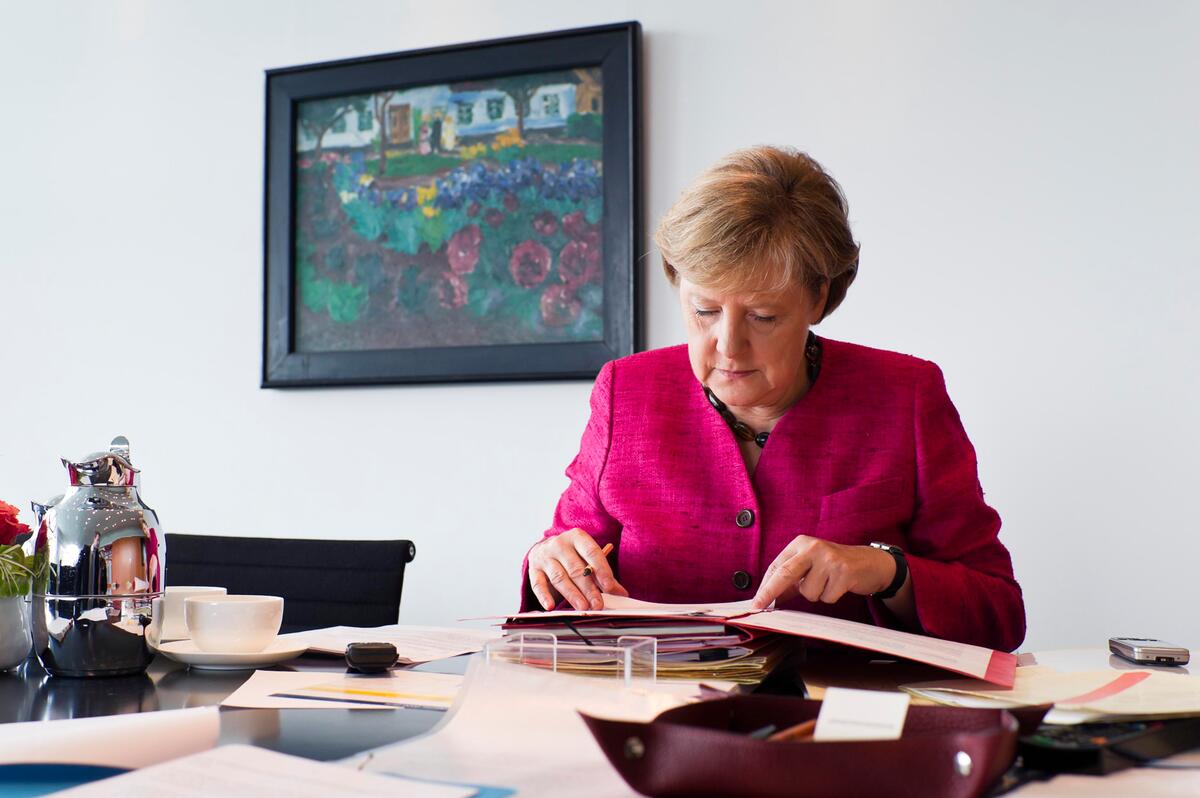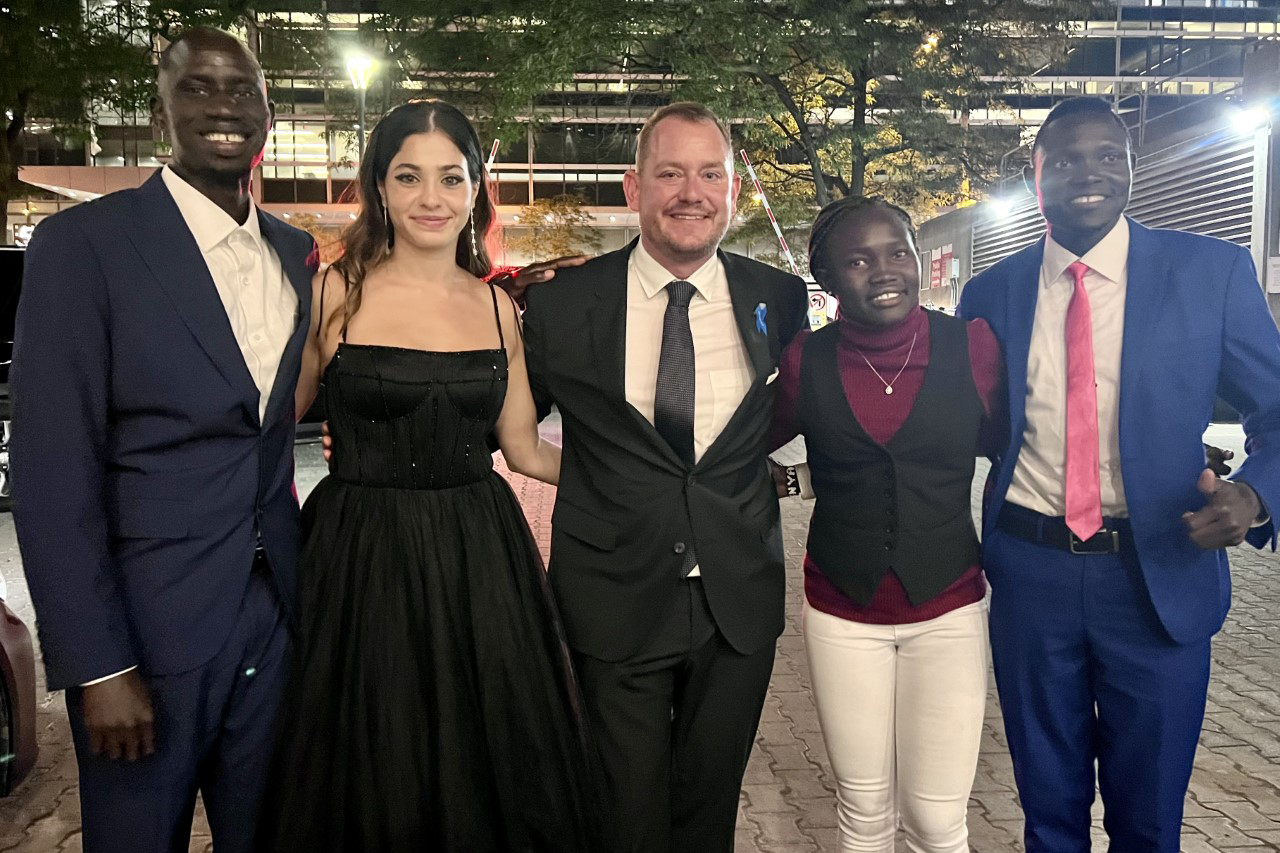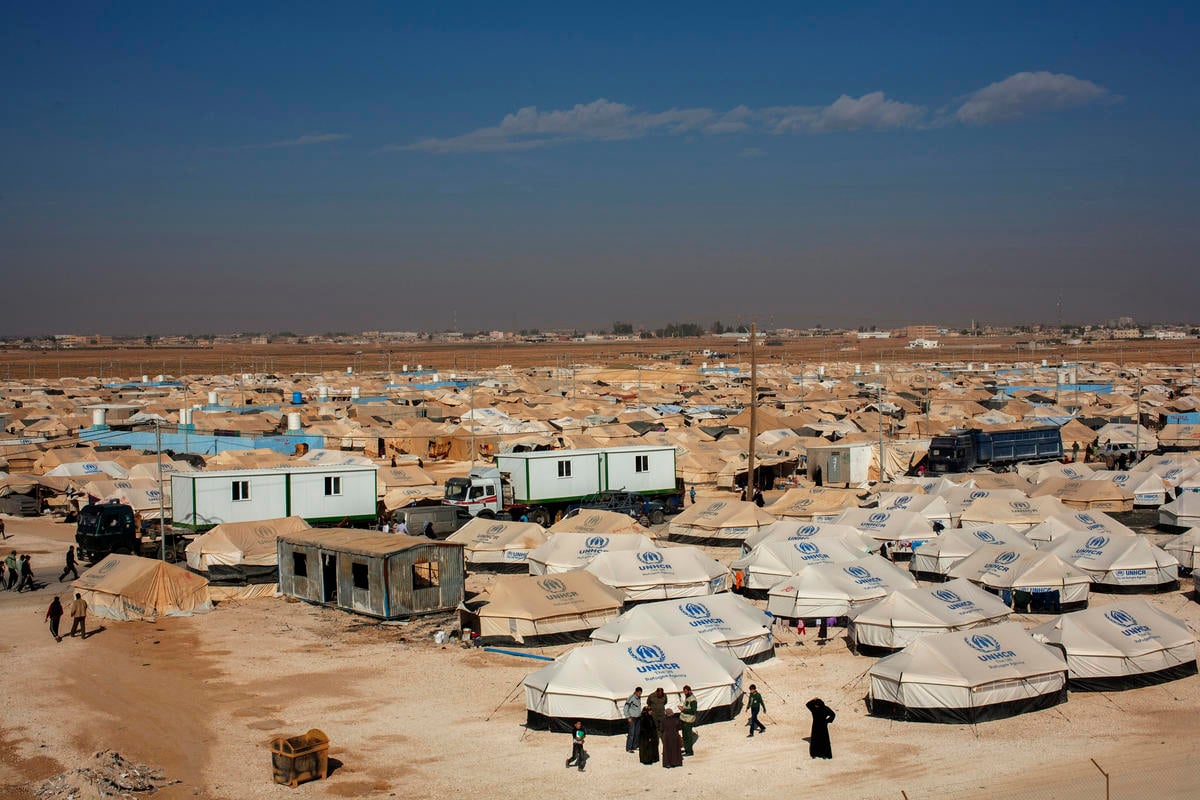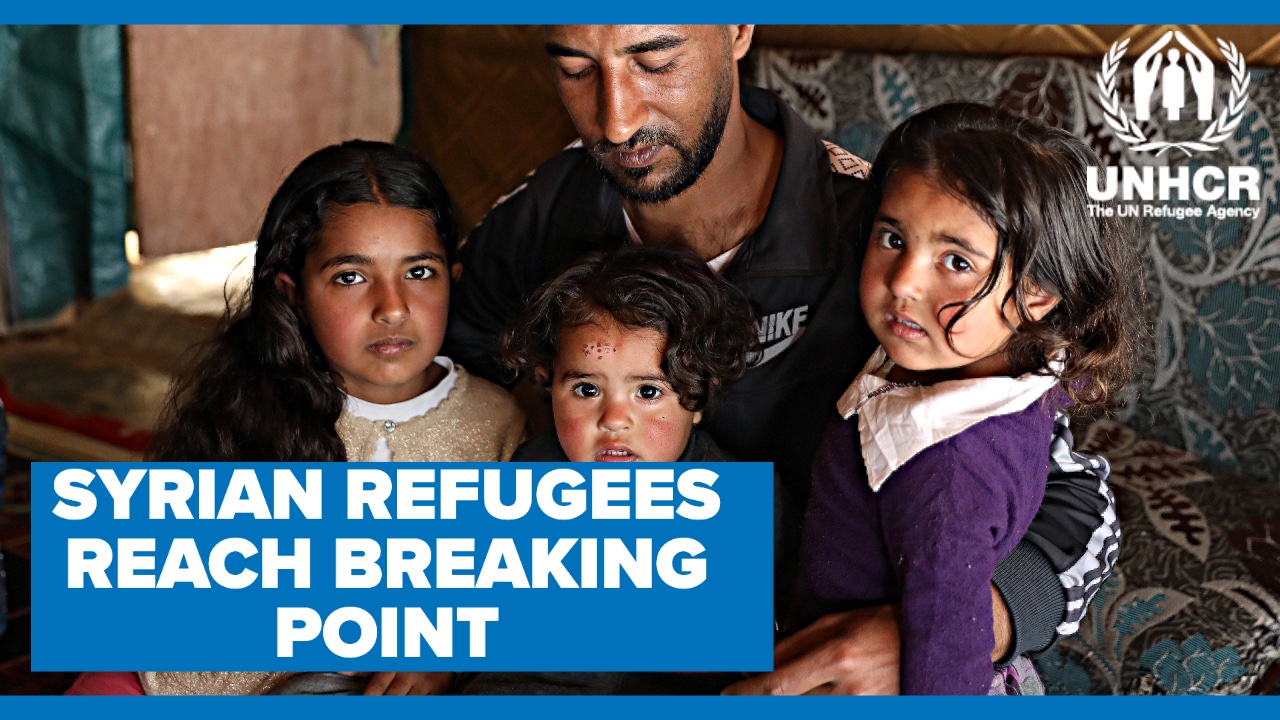Syrian refugees in Iraq move to a new camp in Kurdistan
Syrian refugees in Iraq move to a new camp in Kurdistan

SULYMANIAH, Iraq, 9 July (UNHCR) - Amid the growing displacement of Iraqis fleeing war in their homeland, UNHCR is continuing to help thousands of Syrian refugees who had fled to Iraq to escape their own conflict. The UN refugee agency has opened a new long-term refugee camp in Iraq's northern Kurdistan region for some of the 225,000 Syrians who registered as refugees in Iraq over the past two years.
The 3,000 residents of the Arbat transit camp in Sulymaniah are moving to a new camp with much better facilities just a 10-minute bus ride away in northeastern Iraq. Although most refugees arriving in Iraq have found their own accommodation, the population of the new camp could eventually reach 10,000.
"The camp was designed at a time when there was a continuous influx of refugees. We believe we will see more refugees come here as they relocate from urban areas, or other governorates, or perhaps run out of resources to rent houses," says Kahin Ismail, UNHCR Head of Office in Sulymaniah.
"We expect the refugees will be here for the foreseeable future given that there is no sign of a political solution in sight for the Syria conflict."
It didn't take long for 44-year old Nariman and her family to pack. Under a searing sun in 40 degree temperatures, Nariman and her three sons worked alongside movers from a local NGO to quickly load their small treasure trove of mattresses, rugs and pots and pans into one small truck.
Nariman and her family fled the violence in Syria 10 months ago with just the clothes on their backs. They had been living in the transit camp ever since. UNHCR spent nine months building the new camp to provide Nariman and her neighbors with a higher standard of living.
Nariman is pleased to be moving because her husband and oldest son, who have serious health problems, will now have access to better care. "My 16-year old son has a blood disorder and my husband has almost gone deaf. There is a larger health clinic at the new camp and I hope they will now get their medicine on a regular basis."
At the new Arbat camp rows of white tarpaulin shelters spread across a former farmer's field, each erected on a concrete base to prevent flooding. Every family has its own shower, kitchen and latrine, features important to Nariman and her growing boys. "Life as a refugee has been tough because I have teenage sons and we needed more space."
Other upgrades at the new camp include pre-fab schoolrooms insulated to withstand Iraq's extreme temperatures, a youth center and a supermarket.
Nariman isn't thinking about returning to Syria anytime soon. Focused on keeping her family together, she has negotiated with UNHCR camp officials to ensure her tent is beside her newly married daughter and son-in law. "We are far from home and it is important for me to stay close to my relatives so we can support each other as much as possible."
By Catherine Robinson in Sulymaniah








